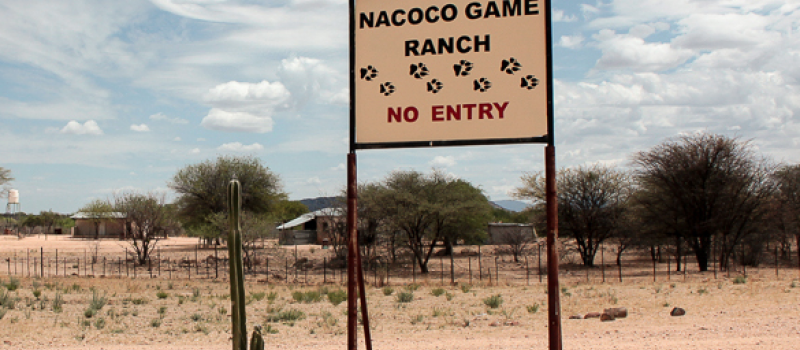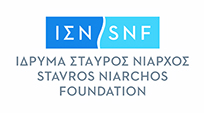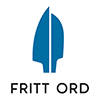
BRUSSELS – The Mafia in Africa team was present at the Dataharvest/EIJC 2015 to talk about their big cross-border investigation into the Italian mafia's activities in Africa. An interview.
The time mafia bosses only operated from their mansions on the Italian peninsula has long passed. Just as trade, sports, media and others have gone global, “Mafia Inc.” has done so too. Supported by a Journalismfund.eu working grant, ten investigative reporters from six different countries, one data-journalist and a data-scientist, three editors, one cross-examiner and a bunch of lawyers uncovered for the first time the Italian Mafia’s grip on Africa. Their call during the Dataharvest Conference in Brussels was one for more international coordination to tackle the problem of organised crime and for more cross-border cooperation between journalists.
How big is the Italian Mafia's influence in Africa?
Mafia in Africa: It’s hard to tell. Before us, nobody had really reported on the presence of the Italian Mafia in Africa. A full answer is not yet possible, in many countries we had some hints but due to practical and legal issues we could not investigate them. South-Africa was easier for us to investigate, though still many questions remain to be answered. Nevertheless, in all cases we discovered a close incorporation of the mafia in the economy and the establishment. Mafia has become a capitalist venture and has the power of violence and coercion. By giving concessions to the mafia, African regimes can have a piece of the cake for themselves. These close cooperation between the mafia and corrupt regimes has a real influence on a countries development and its people.
There was some collaboration with the Italian authorities. Is there a way to tackle this problem?
Mafia in Africa: Whatever we publish is open to everybody, so the police can access our reports. If our reporting is useful, that’s nice. But if we want to tackle the mafia, we need stronger policies on corruption and organized crime. The international community should pressure African countries to do something. But this is also a European issue. We colonized Africa. We need to pressure the EU and UN. But in a lot of European countries, the mafia is not high on the political agenda. It’s hard to build a consciousness around the phenomenon, foremost if the problem takes place in poor unknown countries in Africa.
What impact do you hope to achieve with this investigation?
Maffa in Africa: Hopefully we raise awareness about the presence of organized mafia in Africa. The most clear impact we can have is that it ruins their business. Honest traders and concession holders should be wary on who they are working with. However I don’t think we can change policies. We might have more impact by creating a permanent observatory with people better suited than us in uncovering the consequences of mafia presence. We are now in the preliminary state of forming such network by including not only journalists but also others.
How was it to work as a journalist in Africa?
Mafia in Africa: Our collaboration with the reporters from the African Network of Centers for Investigative Reporting (ANCIR) was very valuable and helpful. The main difficulty was finding the right sources, and they really helped us in earning the trust of strangers. It’s a well established fact: cross-border collaboration is the new way of investigating. There is no difference in doing journalism in Africa or Europe. Only culture and law react in a different way to journalism. In Africa, journalists are still under very serious personal danger if they try to tackle some kind of story. Bad things happened to people we worked with. So collaboration is vital. We as journalists have been the last ones to go global. Trade has done so, illegal trade and organized crime have followed. But now journalism is catching up, finally!
By Thomas Van Roey
Photos © CORRECT!V
--
Find all post-conference wrap-ups, presentations etc. here.
Read about the Mafia in Africa project here.









